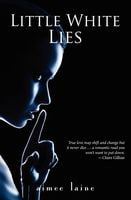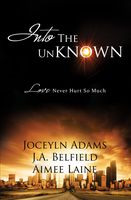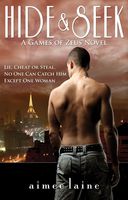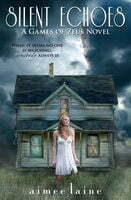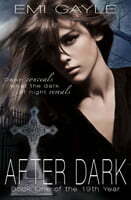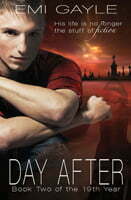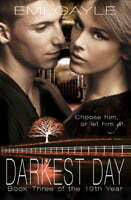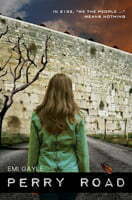How can someone write about medieval times … when they can’t have lived in it?
When I began laying the groundwork for A Cast of Stones, one of the variables I established early on was the timeframe. Even for a work of fantasy, research is a necessary evil since we need to establish for our reader a connection with history. If we fail to do this, they will be forced to flounder through our prose in an attempt to make a connection with our own history and failing to do so. Consider how awkward it would be to set the stage with knights and armor and longbows and then have someone jump out from behind a tree with a cell phone or a phaser. 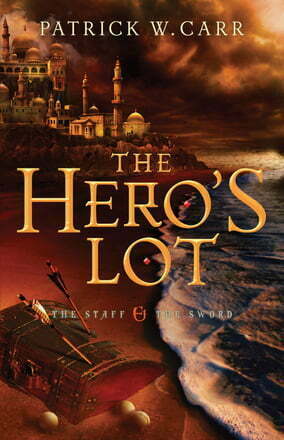
Such juxtapositions have been done, but they better be by design because your reader will never forgive you otherwise. It smacks of deus ex machina. For myself, I chose 13th century Europe as my time frame for the simple reason that I knew I was going to be writing battle scenes and naval confrontations and I didn’t want to deal with cannon. I’m not opposed to cannon (I love the 1812 Overture), but when I was first working through A Cast of Stones three or four years ago, Pirates of the Caribbean was still very fresh in the public psyche.
After that, I did some research on weapons and fighting. Some of this was easier than other parts; I had fenced a bit in college, but to be truthful, there were some details I placed in my world that I would redo if I could. Largely, however, I was and still am unconcerned with getting my Medieval world absolutely perfect. First, I didn’t think it would make for entertaining reading. Some people may be interested in hearing how primitive sanitation was in the 1300’s, but I wasn’t. Neither did I feel compelled to populate my books with people of short life spans threatened by gout, scurvy, or plague. I was writing a fantasy after all, not historical fiction.
That being said, I would suggest the following for anyone who wishes to write with the proper feel:
1. Get the big stuff right. Read. Read. Read. The more important the scene, the more important the research. The great thing about the internet is the wealth of information at your fingertips. I’m still more of a library guy, but nothing beats doing a quick search and coming up with text and images of clothing or weapons from nearly any time period.
2. Avoid anachronisms. This can be anything from the presence of potatoes in early Europe to a turn of phrase that is distinctly modern. You’ll need help with this. Get someone to proof your work who has a passion for the time period. Believe me, they will let you know where you went wrong. Important tip: Make sure you ask them early in the work. Some of those changes can ripple a long way through your work.
3. Watch movies. There are tons of films out there that will give you the scenery and the feel for the medieval experience. One of my favorites is Willow. It’s a wonderful fantasy and Val Kilmer is brilliant. Of course there is Lord of the Rings and The Hobbit as well.
4. Tailor your research to reflect your style. If you’re writing true historic fiction then be prepared to catalog a LOT of research. I use One Note to keep up with everything. A writer’s group can help here as well. I belong to a group here in Nashville captained by Kaye Dacus, who has written quite a few historic romance novels. The research she puts into making her books accurate is astounding. Everything from ships to carriages to clothing is scrutinized in minute detail.
5. Relax. It can be a temptation to obsess over the details, but the most important thing to remember is that the story trumps everything. All the details in the world won’t rescue a boring story. Conversely (actually it’s going to be a contrapositive, but that’s a math detail) a great story will survive a few slips.
So there you are. Hopefully, this will give you a starting point for your world-building. Let me know how it goes.
The Hero’s Lot
Riveting Sequel from Christian Fantasy’s Most Talented New Voice.
When Sarin Valon, the corrupt secondus of the conclave, flees Erinon and the kingdom, Errol Stone believes his troubles have at last ended. But other forces bent on the destruction of the kingdom remain and conspire to accuse Errol and his friends of a conspiracy to usurp the throne.
In a bid to keep the three of them from the axe, Archbenefice Canon sends Martin and Luis to Errol’s home village, Callowford, to discover what makes him so important to the kingdom. But Errol is also accused of consorting with spirits. Convicted, his punishment is a journey to the enemy kingdom of Merakh, where he must find Sarin Valon, and kill him. To enforce their sentence, Errol is placed under a compulsion, and he is driven to accomplish his task or die resisting.
Hero’s Lot is the Sequel to A Cast of Stones
And register below for a giveaway!


